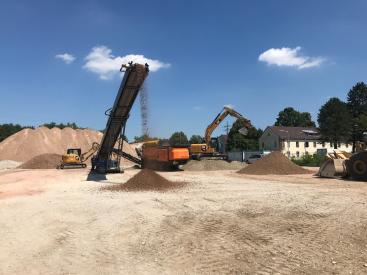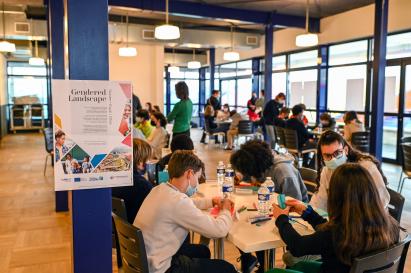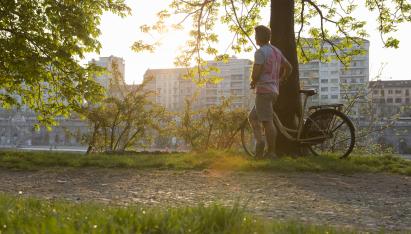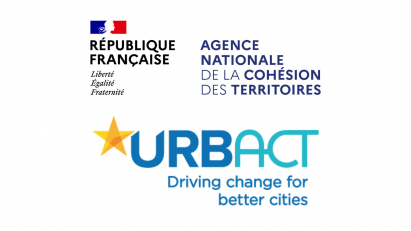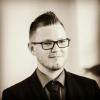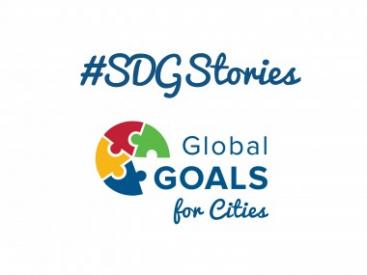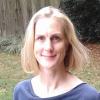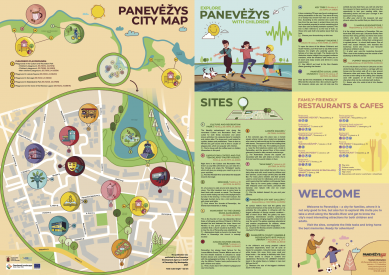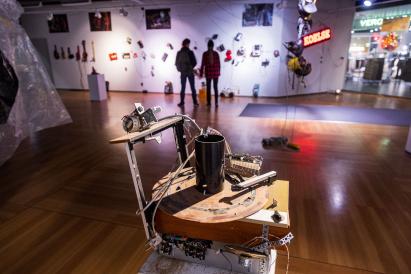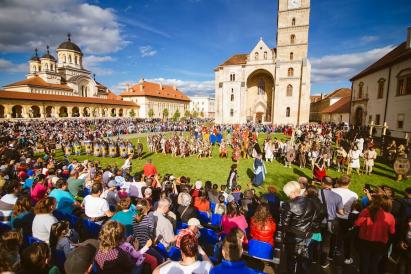Meet the partners: interview with Sebastian Knoll
[[{"fid":"48554","view_mode":"default","fields":{"format":"default","field_file_image_alt_text[und][0][value]":"Sebastian Knoll","field_file_image_title_text[und][0][value]":"Sebastian Knoll","field_author[und][0][value]":"City of Munich"},"link_text":null,"type":"media","field_deltas":{"1":{"format":"default","field_file_image_alt_text[und][0][value]":"Sebastian Knoll","field_file_image_title_text[und][0][value]":"Sebastian Knoll","field_author[und][0][value]":"City of Munich"}},"attributes":{"alt":"Sebastian Knoll","title":"Sebastian Knoll","height":445,"width":445,"style":"float: right; height: 100px; width: 100px;","class":"media-element file-default","data-delta":"1"}}]]The city of Munich works on the city’s first circular district, transforming the former military base ‘Bayernkaserne’ to a new urban district housing around 15,000 people. Making smart use of locally available materials is an important goal in the project. Sebastian Knoll, being an engineering ecologist, supports the ULG in Munich regarding the re- and upcycling of excavated soil and secondary raw materials as rooting layers. At the Technical University of Munich he is currently researching the possible re-use of brick material as plant substrates.

